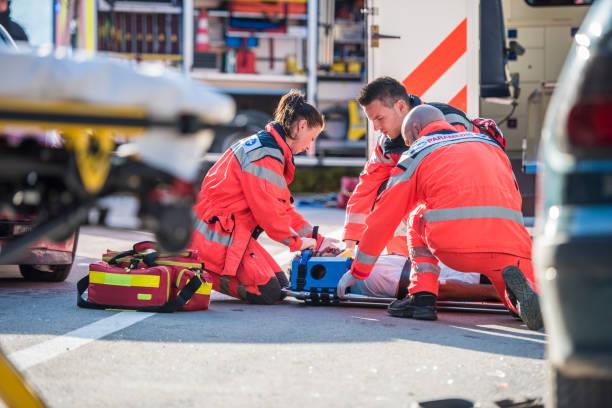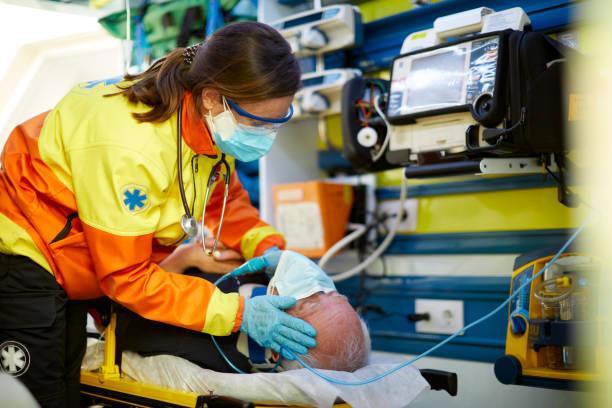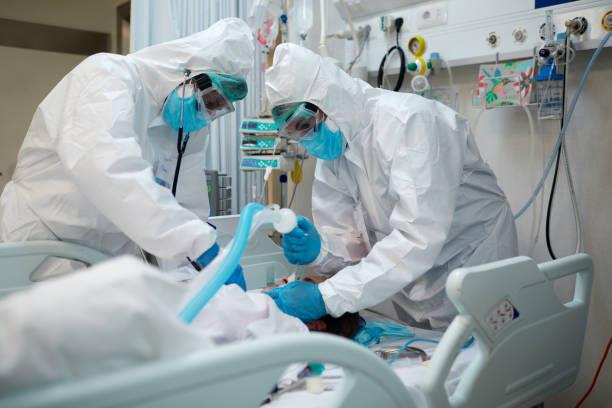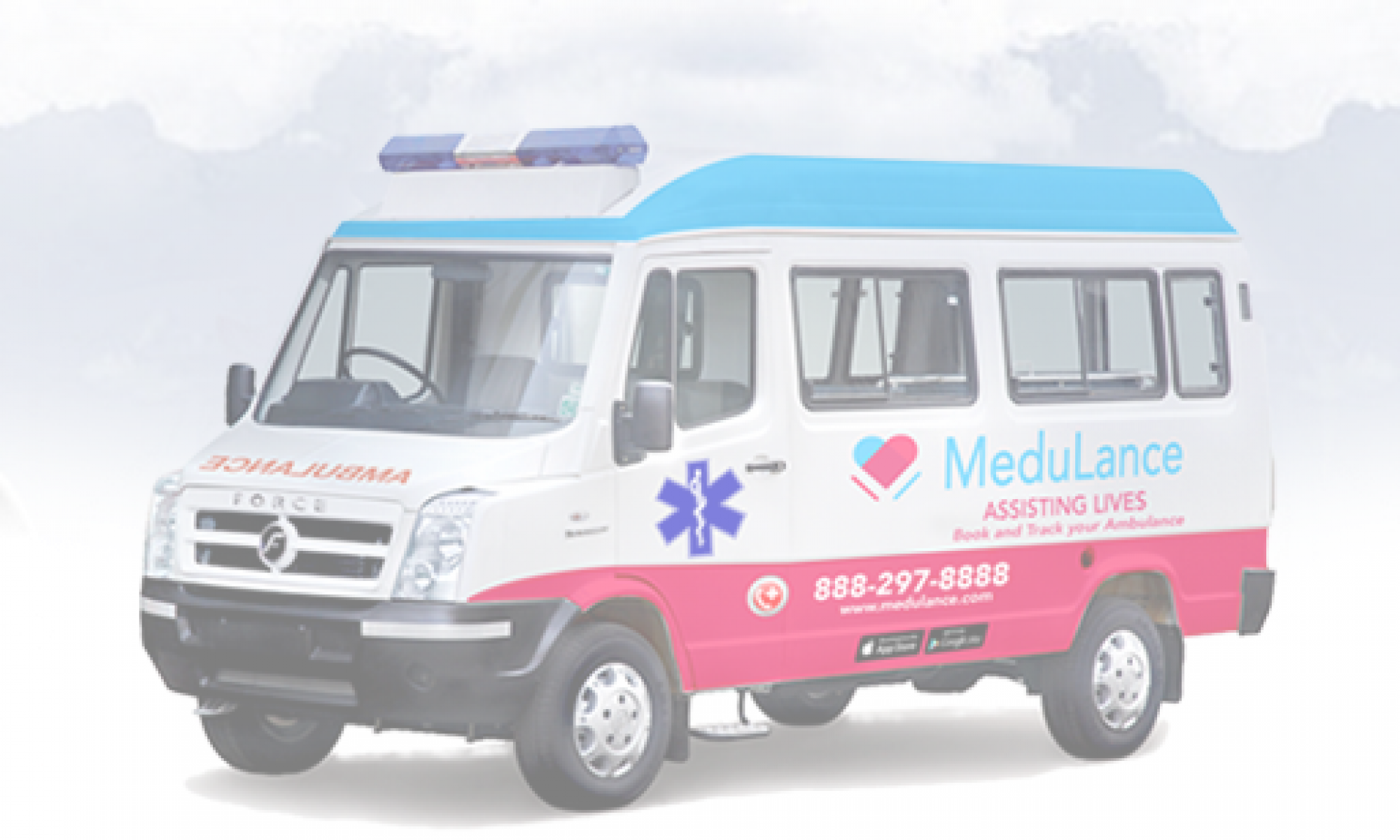You get down at the metro station, started walking to your office space, and all of a sudden, a fiery accident happened in front of your eyes. Panicked! You with other people surrounding the incident rushed towards the victims and out of panic, most of you would get confused about what to do or what not to do. Only 2-3 out of 50 people mob will strike and call for an ambulance or call an emergency medical service (EMS). As cited in Hindustan Times, a recent study conducted by Emergency Management and Research Institute (EMRI), an estimated 300,000 emergency cases, medical and non-medical, are recorded in the country every day, with 80% of these being medical, and 9.5% of the population being affected by an emergency annually.
It’s quite visible that being a first responder is the need of the state. Let’s discuss here who the first responder is and how you can be one of them.

Who exactly is a first responder?
The first responder is a trained individual who in an emergency, both medical and non-medical make sure that immediate support services are being offered to the needy until an ambulance arrives.
These are the person with specialized training and among the first to arrive and provide assistance at the scene of an emergency, such as an accident, natural disaster, or even a terrorist attack.
First responders typically include police officers, firefighters, paramedics, and other trained individuals and volunteers connected with some organizations providing emergency services. These individuals strive to provide basic medical care to a patient and help the people out in an emergency to access basic and first aid treatment in an instant.
How to become a First Responder?
First Responder is a higher level of training, which usually takes 40 hours. The training is significantly more extensive than basic first aid. To be a certified first responder to provide pre-hospital care, an individual needs to undergo certification programs which are usually conducted at prime and private medical institutes and hospitals. These institutes conduct first responder and cardiopulmonary resuscitation (CPR) training programs. Whereas there’s a CERT training which will prepare you to help respond to area crises where first-responders are too busy to handle everything.

Roles of a first responder
Roles of a first responder can be providing first aid, CPR, manual stabilization of fractures, and assisting in the administration of basic medications such as auto-injectors, oral glucose, inhalers, preliminary medications, etc. They’ll immediately provide basic life-saving aid before any advanced life support arrives. Also, if any patient receives medical attention within first one hour of the incident or initiation of medical illness, which is considered to be crucial for the diagnosis of the patient, the outcome would be much better for the patient. In medical terms, this period is addressed as Golden Hour.
As mentioned, first responders are trained to tackle emergency situations. Although the types of emergencies will differ on a case-to-case basis, there is a similar pattern in their approach:
- Taking command or being in charge of the accident scene.
- They detect the presence of hazards and begin to identify them.
- They begin to remove, evacuate, and separate otherwise property from the body of the personnel.
- They will conduct first aid and perform necessary diagnoses such as checking up for a pulse, blood pressure, applying glucose, etc. in case an individual is unconscious.
- Further, they will look for an individual’s identity, and start searching for identity cards, mobile phones or other electronic devices, tags on their baggage, wallet, and so on.
- They seek additional resources as needed from the vicinity.
While the first responder performs this operation, he will ask nearby individuals to accompany him for help and request them to call for advanced medical support, book an ambulance, and likewise.

Bottomline
Although basic first aid is great and always helpful, the first responder is one level up. Entities like Medulance has a team of trained and skilled individuals including first responders who attend the emergencies with urgent priority, especially to the one who book ambulance in Delhi and nearby areas. It would be great if more youths and citizens get themselves certified as First Responders, and be available responsibly in such events.
